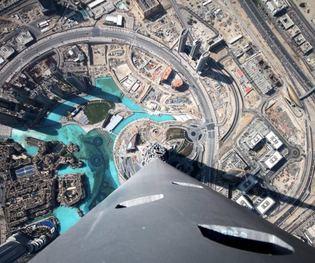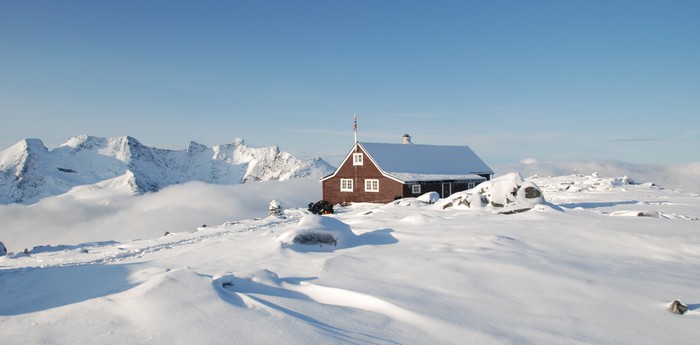Global warming has been a concern of many people for many years now, with the most commonly cited problem being the melting of the ice caps. However, global warming has subtle effects that you may not even be aware of. Maybe you’ve commented on these effects in passing, scratching it up to random chance or happenstance. However, keep an eye out for what may be happening without you knowing.
Extreme Weather
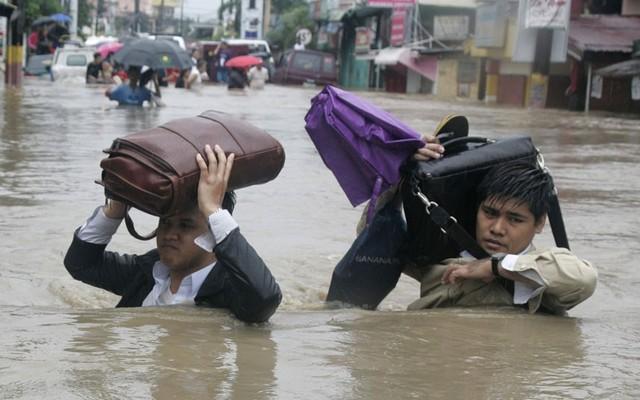
Obviously, global warming is making the planet hotter. However, it’s also making cold days colder. Floods are occurring more often, and droughts last for far longer and have far more severe consequences. This is because the Earth’s weather patterns are determined by air flow and temperature; as the planet heats up, the warm fronts that create weather patterns are much more powerful than they have ever been. This has resulted in monster hurricanes like those which have wreaked havoc upon the Phillippines and other coastal areas.
Death of Trees

The world is full of what are known as ‘old growth forests.’ These forests have existed for hundreds, sometimes even thousands, of years. Some you may have heard of include the Redwood trees of Oregon. The death rate of these majestic forests has more than doubled in the past few decades, and many scientists blame the rapid rise of average temperatures in the area.
Mass Extinction
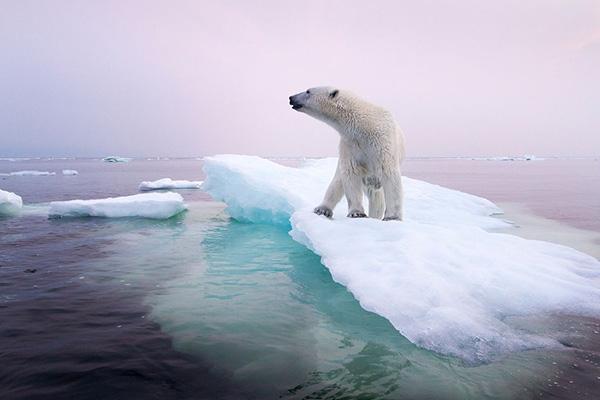
The animals of the world are also at risk due to the rise in temperatures. More than one million different species of animals have gone extinct due to global warming; the rising temperatures are destroying their ecosystems and changing nature in a way that they are unable to adapt to. Marine animals feel the worst of these effects, as even small fluctuations in water temperature can have far reaching consequences on their habitats.
Increased Mortality Rates
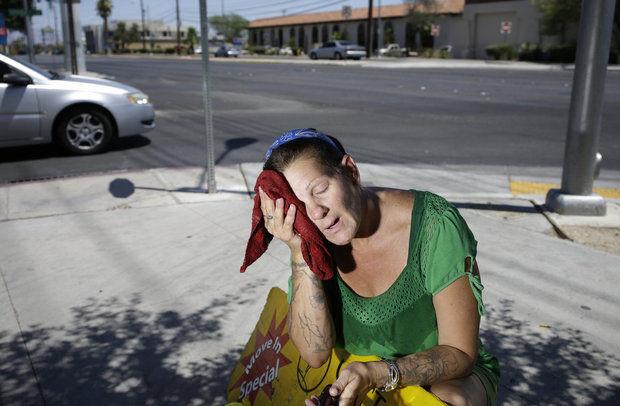
It’s rare to hear of a heat-related death among humans, but they do happen and they’re happening with increasing frequency. As the global temperature rises, people in the hottest areas of the world are more prone to heat stroke and other complications as a result. In addition, many bacteria and viruses are now growing uninhibited in colder regions, where the temperature has reached a point that it is no longer lethal to these pathogens. This has placed residents of those areas at risk for infection.
More Disease

Perhaps the most lethal disease in the world is malaria, which is primarily spread through mosquitoes. While people in cold climates don’t worry about mosquitoes so much, those in warm climates do. And since the warm areas are getting even warmer, the number of mosquitoes is growing, and with them, the amount of disease. These creatures carry not only malaria, but a host of other illnesses which can put thousands of lives at risk.
Destruction of History

The world is littered with the ruins of past civilizations that we have yet to study. However, these ruins are put at risk through global warming. Not only do harsh UV rays bleach the color straight from the stones, but the sites themselves are at risk of destruction because of flooding, mudslides due to torrential rainfall, and rising sea levels.
Satellites Move Faster
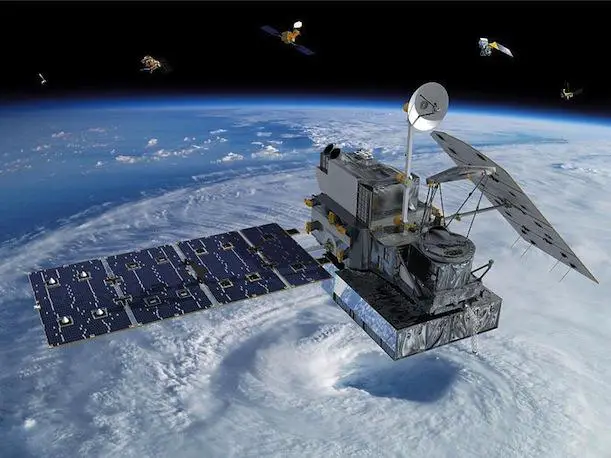
Imagine the amount of effort that goes into ensuring a communications satellite remains in geosynchronis orbit. It requires precise calculations, a keen analytic mind, and knowledge of the conditions the satellite might encounter, including wind resistance. However, since heat is nothing more than the movement of particles, satellites are beginning to move more quickly as the atmosphere becomes less dense. As the air particles in the already-thin upper atmosphere begin to speed up, satellites are encountering less air resistance, which makes maintaining them more difficult.
Worse Allergies

When springtime comes around, so does the pollen. It’s accompanied by lots of sneezing, coughing, bleary eyes, and just a general sense of misery. However, global warming can be blamed, as well. Plants are blooming earlier in the season and remaining in bloom longer. While this may result in a lot more scenery, it also means pollen counts are at all-time highs, and people with allergies are suffering for it.
Increased Spending
People are spending more money than ever before to remain cool and comfortable within their homes. Governments are spending more money to protect people and help offset the medical effects of global warming. As the world fights back against global warming, it may inadvertently be creating a financial crisis in doing so.
Ocean Acidification
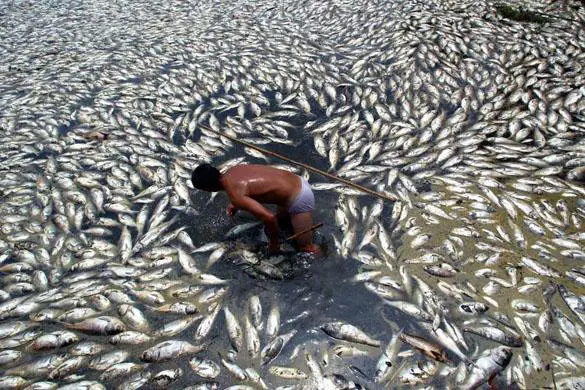
The primary cause of global warming is due to the erosion of the ozone layer. However, the same chemicals which lead to this erosion also fall back to earth in the form of acid rain, which leads to something called ocean acidification; in other words, the world’s oceans are becoming slightly acidic because of the introduction of all of these elements. This furthers the threat to marine life that is already present as a result of changing temperatures and climates.



